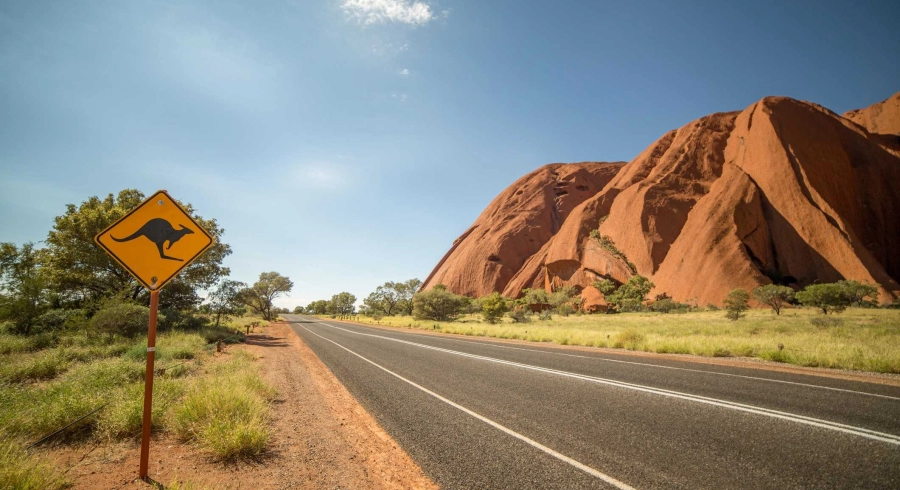CBD available over-the-counter in Australia

In February 2021, CBD legislation in Australia took a big step forward. CBD is now available over the counter in pharmacies in a non-therapeutic strength. This decision confirms that this country is one of the most advanced in the world in terms of the legalisation of cannabinoids.
CBD in Australia
Australia has always been one of the countries with particularly CBD-friendly legislation. For a number of years now, several states in the country have chosen to legislate for the decriminalisation of the possession and use of small quantities of cannabis.
Additionally, the use of hemp for medical purposes was allowed for a long time by a few states before then being adopted by the whole continent. Medical cannabis was federally authorised by Australia on 24th February 2016. The inclusion of cannabinoids in Schedule 4 pharmaceutical products thus paved the way for their sale in pharmacies.
However, CBD can only be supplied on prescription. CBD sold for medical purposes must also account for at least 98% of the cannabinoids present in the product. In 2020, Australia’s CBD legislation took another step forward. The Therapeutic Goods Administration (TGA), which regulates therapeutic products for the Department of Health in Australia, proposed that CBD be classified as Schedule 3. This amendment opened up the potential for consumers to buy CBD for non-therapeutic purposes in pharmacies without a prescription. This announcement was followed by a public consultation in May 2020 before the TGA decided to implement the proposal.
What are the conditions for over-the-counter sales of CBD in Australia?
As of 1st February 2021, CBD is officially classified as a Schedule 3 pharmaceutical product. Therefore, it can be sold without a prescription provided that certain criteria are met. Cannabidiol sold for non-medical purposes must be of plant origin or, in some cases, synthetic. Over-the-counter CBD products cannot be sold in packages that allow for more than 30 days of consumption. The packaging must also state the maximum recommended daily dose, for example,. 60 mg of CBD per day. Other cannabinoids are authorised in addition to CBD, but they must not account for more than 2% of the total cannabinoids. Therefore, CBD content must account for at least 98% of the total cannabinoids. They must also be of natural and plant origin, except for cannabidiol.
Finally, the over-the-counter sale of CBD products for non-medical purposes in pharmacies is restricted to people aged 18 years and over.
Australia is therefore well ahead of most countries in easing restrictions on the sale of CBD. This development is one of the many green lights turning on around the world, signalling a growing recognition of the benefits of CBD and other cannabinoids for health and general well-being.
There is increasing evidence to suggest that cannabidiol and its cousins, such as CBG and CBN, are beneficial to your health, regardless of whether you have certain medical conditions or suffer from depression, and do not cause any harmful side effects or risk of addiction. It is to be hoped that the Australian model will be emulated.
SOURCES
Cannabis consultation : https://www.tga.gov.au/consultation-invitation/consultation-proposed-amendments-poisons-standard-joint-acmsaccs-meetings-june-2020
TGA proposal: https://www.tga.gov.au/media-release/over-counter-access-low-dose-cannabidiol
TGA final amendment: https://www.tga.gov.au/scheduling-decision-final/notice-final-decision-amend-or-not-amend-current-poisons-standard-cannabidiol

Leave a comment